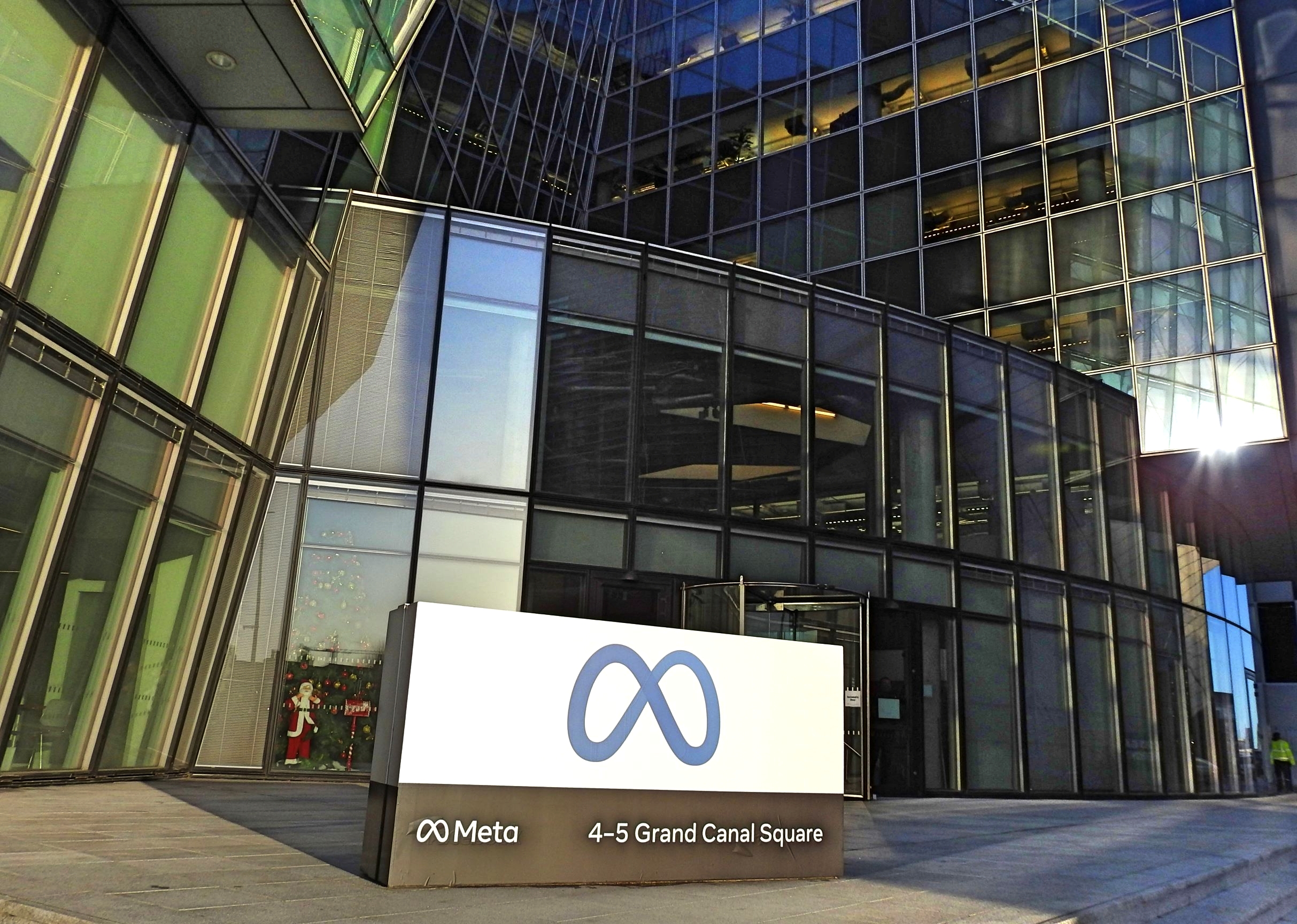Think of playing a game of darts. Rather than playing blindly in the dark, 20 feet away, the lights are bright, and you practically walk up to the target with your dart. Sounds much easier, right? This concept is similar to Pay-per-click in marketing because it allows businesses to really stay one step ahead. PPC is most popular for search engine marketing, where a bid establishes the placement of a link. The company or service will be in the sponsored section when someone searches for a specific link. PPC is an inbound marketing technique that inhibits businesses from being on the front lines when a party has a specific need. Utilizing PPC for B2B campaigns helps businesses navigate the vast digital world to suitable products and services.
Through millions of links, keywords, and services, PPC is the guide that helps connect the best service to the most suitable business. Since a business has an enormous responsibility to fulfill the needs of its own clients, it is just as important to have their needs met as well. A business sometimes has to make collective decisions and have particular requests. In addition to creating high-quality content and information, PPC adds a competitive advantage because it helps rank information so it is visible to the business’s decision-makers. Consequently, this increases overall visibility and targets the right people and numerical results.
Difference in B2C and B2B Campaigns
Unlike B2C PPC, B2B is much more niche because an entire business entity is being targeted rather than a massive consumer base. Utilizing B2B PPC Campaigns is highly beneficial because it presents your services at the front lines of another business. Strategists should note that the difficulty of the keywords is lower due to the specificity of the search. Since businesses searching for your services make decisions on behalf of their company, the process is much more complex. The overall messaging behind B2B ads is much more technical because it can potentially solve niche issues. From a consumer’s perspective, ads are a bit lighter and developed to be more eye-catching. B2B PPC Campaigns help ease this process by catering to their individualized needs and expectations.
How to set clear objectives:
- Understand business objectives: The PPC Campaign goals must align entirely with the business’s overall objectives. Some of these may include increasing sales, brand awareness, and generating leads. The objective acts as the pot chosen before adding the dirt and seeds. Something needs to hold everything together!
- Define specific goals: Once these goals are determined, it is reccomended to break them apart. SMART goals are a perfect example and stand for specific, measurable, achievable, and relevant. For example, a client would like to increase sales by 34% by April 11, 2025. This goal includes a date, a quantitative goal, and a measurable outcome.
- Know the target audience: When identifying a business audience, there are essential aspects to grasp before marketing to them in the B2B PPC Campaign. Understand the company’s size, personality, and overall breakdown. Depending on their size, some decision-makers may be in certain levels and branches of the business. Considering these factors before creating the content and entirely starting the campaign is significant. The more targeted the content, the more likely it will be enjoyed by the appropriate end-user.
- Consider buyer’s journey: To grasp the buyer’s journey, the three main steps to consider are awareness, consideration, and decision. The awareness stage is when the business makes a decision that they may have a problem that needs to be solved. Consideration is when the business evaluates different options to help resolve their problem. A notable step in the consideration process is when they actually search online. And finally, the decision. The decision requires validation and assurance from the seller’s end.
- Measure and adjust: Like the final step of the buyer’s journey, marketing research requires care and assurance after unraveling the PPC plan. Part of this includes consistent measuring and understanding key factors for unwarranted changes. PPC Campaigns require consistent care and meticulous observations. The aftermath is just as important because it maintains the results that the team worked so hard to obtain.
Keyword Research and Selection
B2B PPC Campaigns require the marketer to select the best keywords for the kind of business they are targeting. These words need to coincide with the service being offered and can range from extremely specific to quite broad. For example, if the campaign is based on helicopter propellers, some keywords would include helicopter propeller parts, helicopter propeller maintenance, or helicopter blade material. Someone who isn’t specialized in this space may not recognize the specific terms that the company may use.
As mentioned earlier, the marketer must look back at the stages of the customer journey to generate the most effective keywords. In the consideration stage, the customer may want to search for the “best helicopter propeller in San Francisco.” When stepping into the shoes of an entire business, they want the highest quality and ranked service so it is scalable across the branches. Subsequently, in the decision stage, buyers would then search “brand reviews for Smith’s Propeller Parts.” Determining the kind of searches for each buying stage leads to the best results. What words would you most likely use, and in what tone would you use them when searching?
Effective informational tools can be used when using these keywords. Some of the best tools include SEMRush, Ahrefs, and Google Keyword Planner. Importantly, these tools allow marketers to peer deeper into competitors’ keyword usage and results. They provide an extensive understanding due to real figures and statistics for these terms with just a click of a button.
Landing Page Optimization
After the right business sees the high-quality service and message, the internet directs them to a high-quality landing page. The landing page is the first page they see once they click the link through PPC. Imagine PPC is the beautiful invitation, and the landing page is the party. This “party” needs to have the right aesthetics and concise information. User intelligence is another big factor to consider while designing the landing page. Interestingly, there is a thought process behind where the eyes linger and why our brain skims over certain pieces of text, whether it is the color or placement.
Most importantly, each page needs at least one call to action. A call to action reminds the customer why they landed on this page in the first place. These reminders are essential to creating a solid B2B PPC Campaign.
B2B PPC Is the Catalyst for Growth
Businesses require a significant amount of time, finances, and labor. How businesses seek products, services, and solutions is exceptionally particular yet highly rewarding. Through this campaign, each step is a brick that completes a stunning tower for everyone to enjoy. When a marketer combines multiple people into one large entity, it requires a massive reshaping of strategy. A business’s personality, goals, and overall needs are vast yet highly particular. It is up to the marketer to know exactly how to cater to these needs even before the product or service is in their hands. Learn more about LFG Media Group’s PPC Campaigns based in South Florida.








